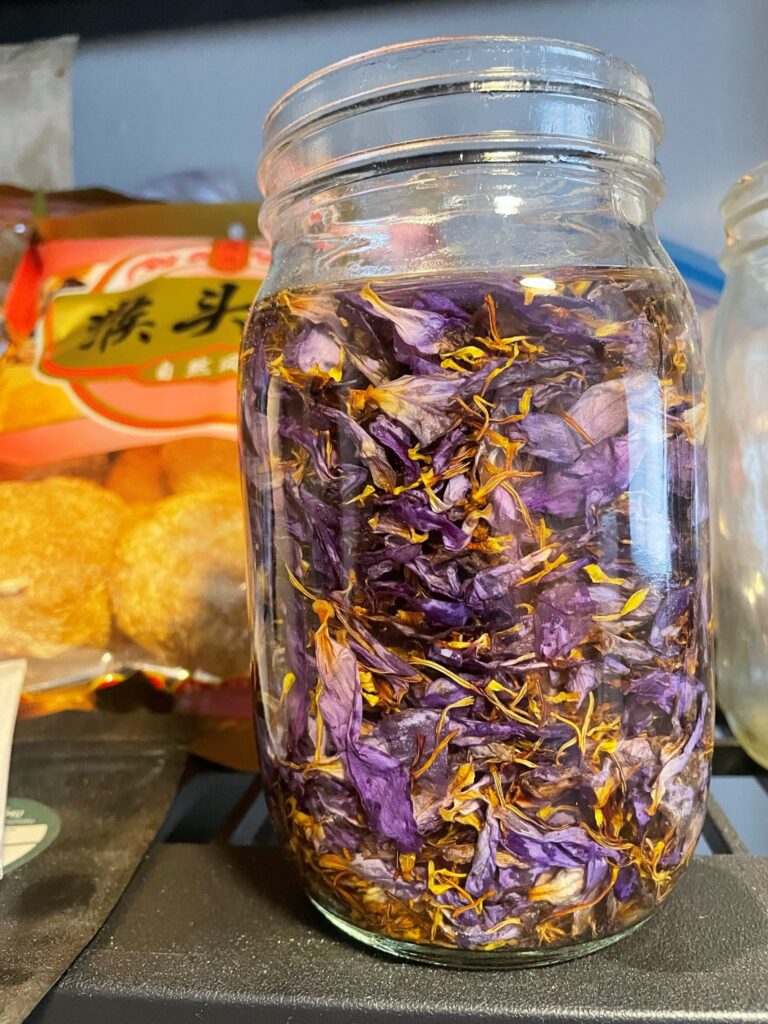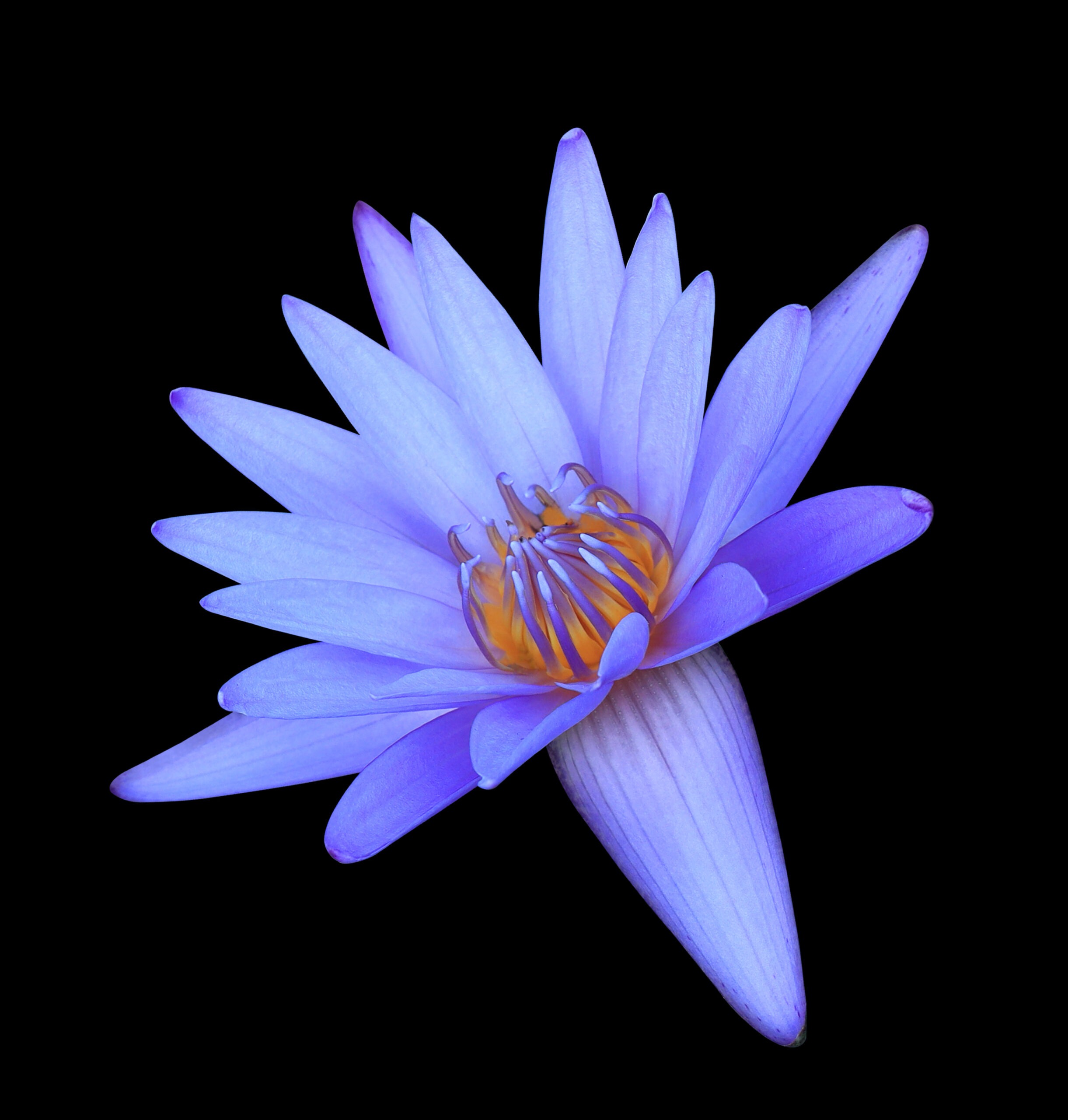

Blue lotus is known for its mood-enhancing effects, helping to alleviate stress, anxiety, and depressive symptoms, providing a sense of calm and well-being.
It has analgesic properties, making it useful in relieving pain and discomfort.
Blue lotus is often used to improve sleep quality and induce relaxation, aiding in the treatment of insomnia and restlessness.

Notable Constituents:
Nuciferine: An alkaloid found in blue lotus, nuciferine is a sedative and antispasmodic agent that can reduce muscle spasms and act as a natural tranquilizer, contributing to the plant’s calming effects.
Aporphine (including apomorphine): A dopamine agonist that can promote feelings of euphoria and pleasure, aporphine is known for its psychoactive properties, which can enhance mood and provide a sense of well-being.
Phytosterols: These compounds have anti-inflammatory and antioxidant properties, supporting overall health and potentially reducing the risk of chronic diseases.
Flavonoids: Blue lotus contains various flavonoids, which are powerful antioxidants that protect the body from oxidative stress and may have anti-anxiety and anti-depressive properties.
Quercetin: A specific type of flavonoid found in blue lotus, quercetin has anti-inflammatory and antioxidant effects, and it may help in reducing pain and improving cardiovascular health.
Kaempferol: Another flavonoid present in blue lotus, kaempferol can promote relaxation and sleep due to its sedative properties and also has anti-inflammatory and antioxidant benefits.